Pope Francis died on Easter Monday (April 21). He was 88. The pontiff’s death comes a day after he appeared at St Peter’s Square to wish “Happy Easter” to thousands of worshippers.
The Pope was discharged from a hospital in Rome last month after five weeks of treatment for double pneumonia.
The death of the pontiff triggers nine days of mourning, following which the new pope is elected in a process steeped in centuries-old tradition. It might be weeks before we know who the new leader of the Roman Catholic Chuch is. However, several names have been doing the rounds since the Pope was hospitalised on 14 February.
So, who could succeed Francis to become the next pope?
How is the new pope elected?
The pope is chosen at the Vatican in gatherings known as the conclave. This private gathering is convened after the death of a pope or in case of a rare resignation like that of Pope Benedict XVI.
The papal conclave starts two or three weeks after the death or resignation of the pontiff. The 2013 conclave that elected Pope Francis began 12 days after the resignation of his predecessor, Benedict XVI.
Since 1379, the Pope has been selected from a College of Cardinals, who cast the vote at the conclave. There are 138 electors of the 252 cardinals, and only those below 80 can take part in the secret ballot at the Sistine Chapel.
The process is a closely guarded secret, and the outside world knows if a Pope is picked by watching smoke from the Vatican rooftop. Black smoke indicates that no consensus has been reached. If the smoke is white, then a new Pope has been picked.
Who could succeed Pope Francis?
Several names have been doing the rounds as the successor to Pope Francis for months. One of the favourites is Cardinal Pietro Parolin.
Cardinal Pietro Parolin: The 70-year-old Italian has been the Vatican’s secretary of state since 2013 and is the highest-ranking cardinal in the conclave. Francis made then-Bishop Parolin the youngest Vatican secretary of state in 84 years.
Parolin is said to be moderate, not leaning to the left or right.
In 2018, the cardinal faced criticism after a secret provisional agreement was made between the Holy See and China on the appointment of bishops in the country. He also faced criticism for handling certain finances and for his failure to promote financial reforms, reports The Irish News.
Cardinal Matteo Zuppi: He is said to have been close to Pope Francis. The 69-year-old Italian is seen as a spiritual successor to Francis, according to Edward Pentin, senior contributor for the National Catholic Register and author of “The Next Pope”.
He was made a cardinal in 2019 and went on a peace mission to Ukraine, where he met President Volodymyr Zelenskyy. He also went to the US and met then-President Joe Biden.
Like Francis, the Zuppi has spoken in favour of the LGBTQ+ community. But this was before he was picked as a cardinal.
Cardinal Peter Turkson: From Ghana, Cardinal Peter Turkson is also in the race. If elected, he could make history as the first Black Pope. Turkson was also among the favourites during the 2013 conclave when Francis was picked.
He was sent by Francis as a peace envoy to South Sudan, which shows that he has diplomatic capabilities.
Turkson’s views on LGBTQ+ rights are seen as many as an attempt to woo liberals. “Homosexuality should not be a criminal offence and people should be helped to understand the issue better,” he said in 2023.
Cardinal Robert Sarah: According to The College of Cardinals Report, 79-year-old Robert Sarah, a Guinean, is a favourite among the traditionalist faction of the Church, reports The Times. If selected, he presents the possibility of the first Black Pope.
Cardinal Peter Erdö: The 72-year-old Hungarian cardinal is conservative. He was against divorced or remarried Catholics receiving the Holy Communion. He was made a cardinal in 2003 by Pope John Paul II.
Cardinal Luis Antonio Tagle: The 67-year-old is the seventh Filipino to become a cardinal. If made Pope, he will become the world’s first Asian pontiff. He was made a cardinal by Pope Benedict XVI.
Tagle, like Pope Francis, is left-leaning and has criticised the Church over its attitude towards homosexuals, divorced or unmarried people and unwed mothers in the past.
Angelo Scola: He is a long-standing contender for the papal position and was in the race in 2013.
The 82-year-old from Italy was the former Archbishop of Milan. He is a traditionalist, and those looking to move away from Francis’ progressive views might vote for Scola. However, age is not a favourable factor.
How Pope Francis wields influence over the conclave
Pope Francis exerts a lot of influence over the conclave even after his death. Among the 138 voting cardinals, 110 were created by him.
Francis was the first Latin American to lead the Catholic Church. He introduced many a reform, including the decentralisation of the Vatican’s powers and the appointment of more non-European cardinals than his predecessors.
“He [Francis] selected the majority of the cardinals who possess the right to vote,” Ulrich Lehner, professor of theology at the University of Notre Dame, was quoted as saying by Newsweek. “However, his approach to governance, characterised by unilateral decisions made without consultation with the College of Cardinals, has made it impossible to form interpersonal relationships among them.”
It will be interesting to see if Francis’ successor is a liberal or a conservative. And if the Vatican makes history again by selecting a Black or Asian Pope.
With inputs from agencies


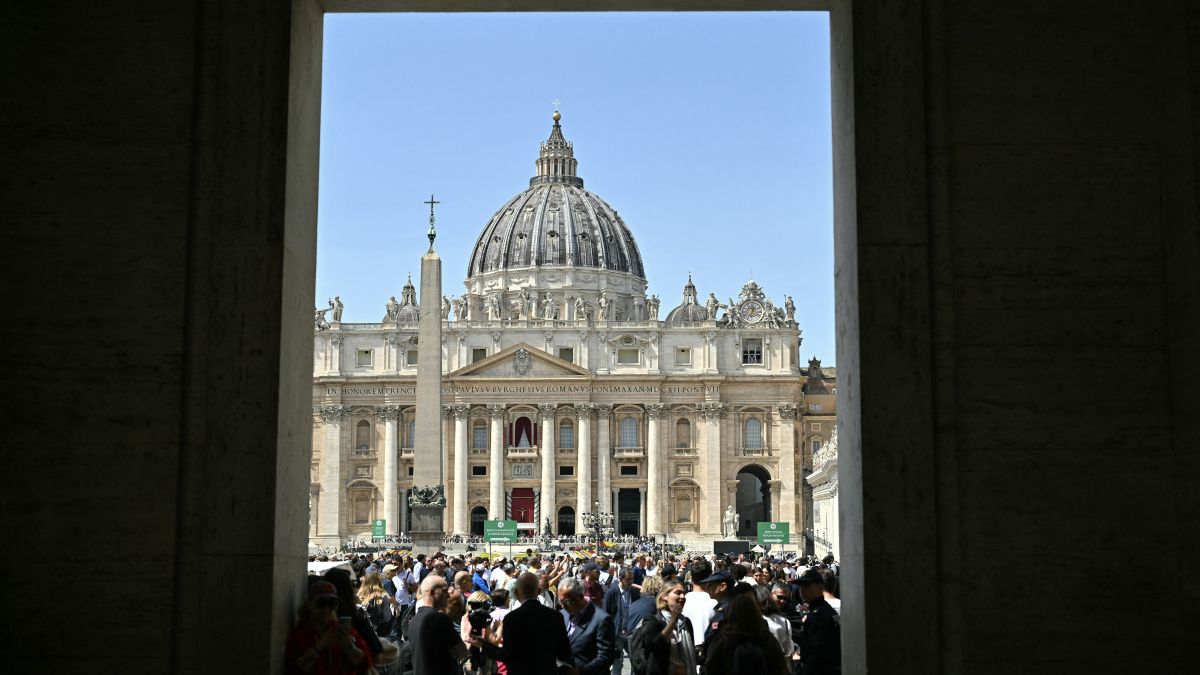)
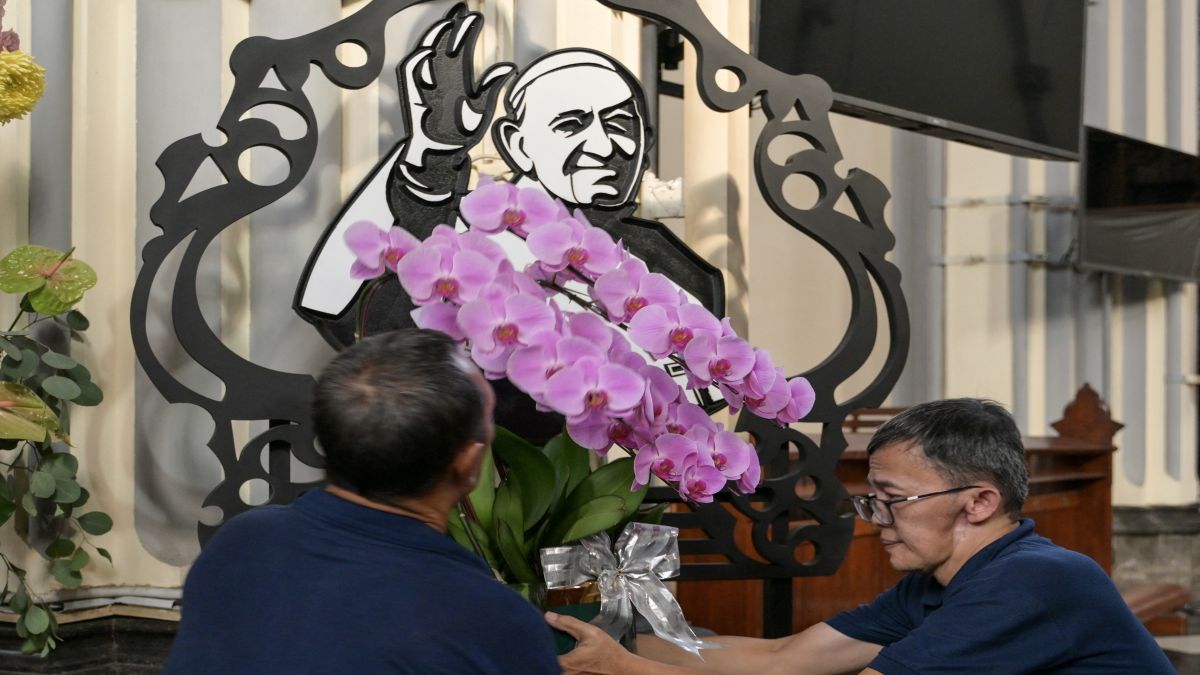)
)
)
)
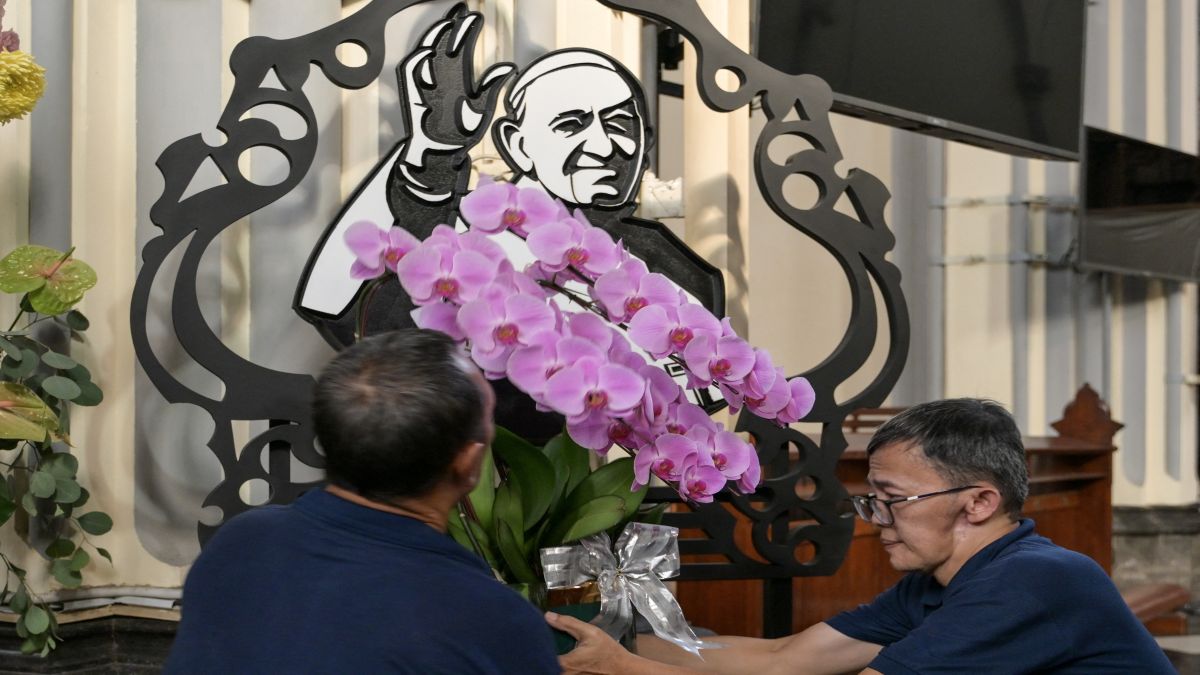)
)
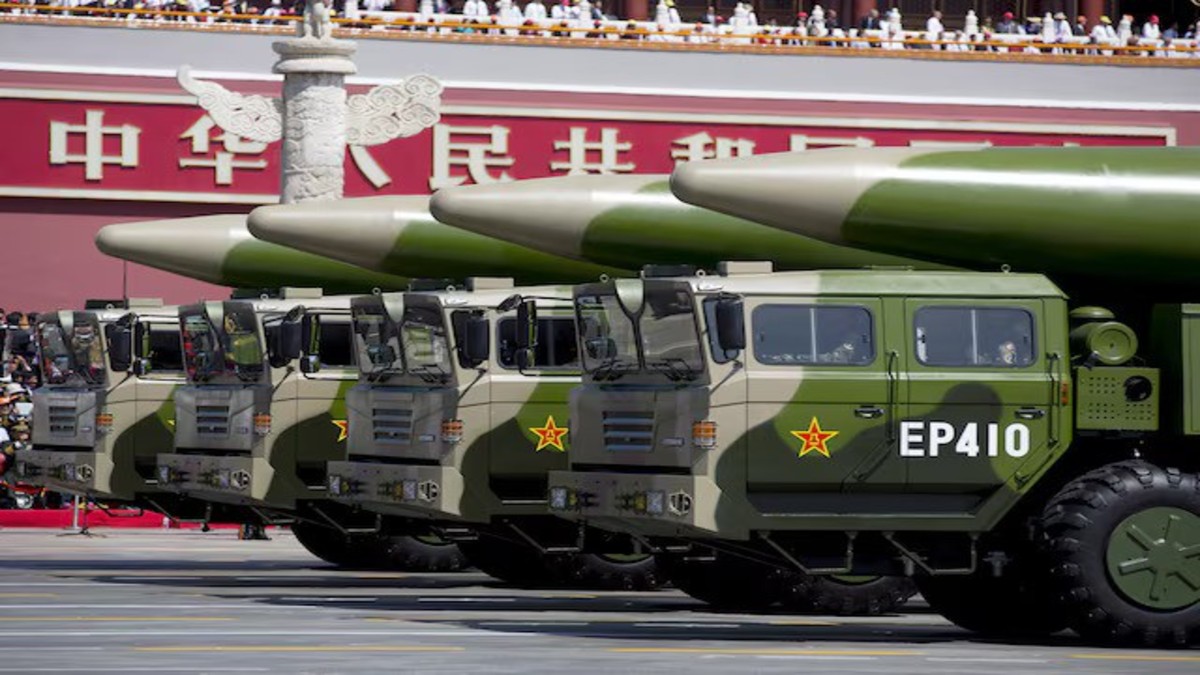)
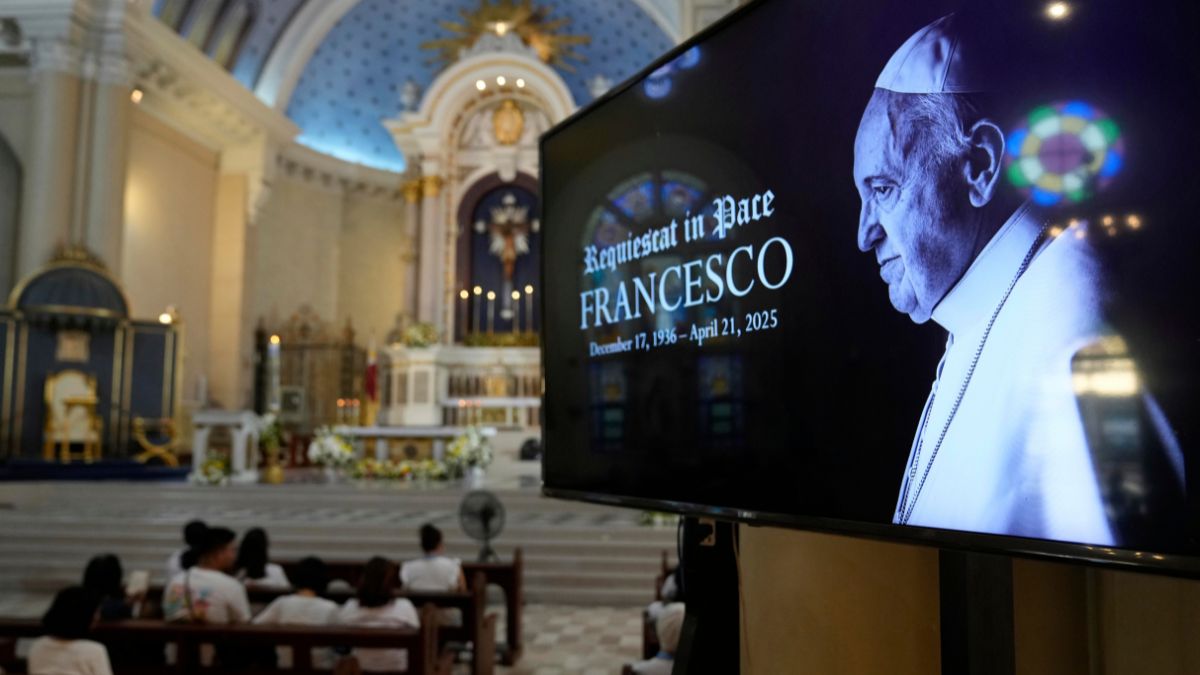)